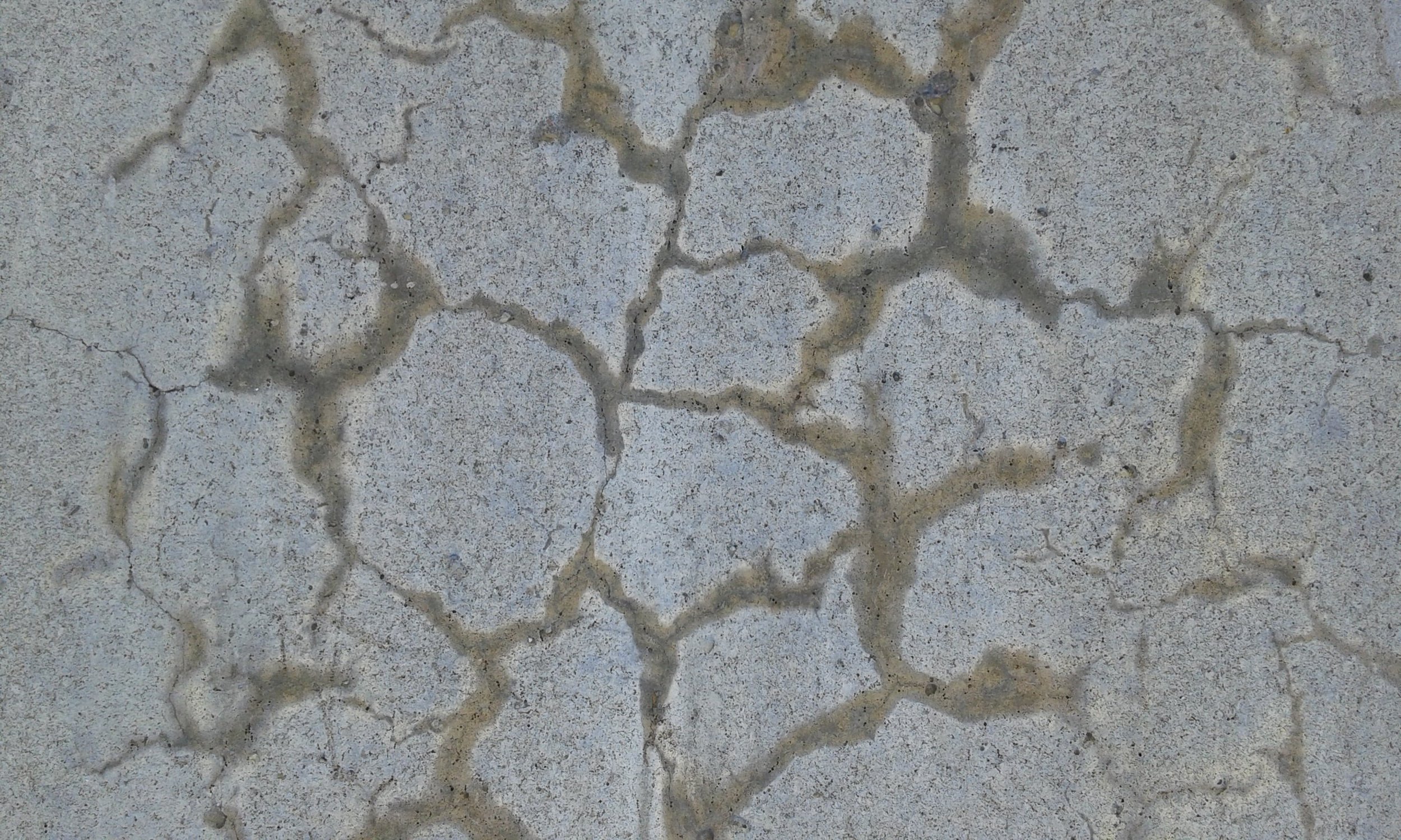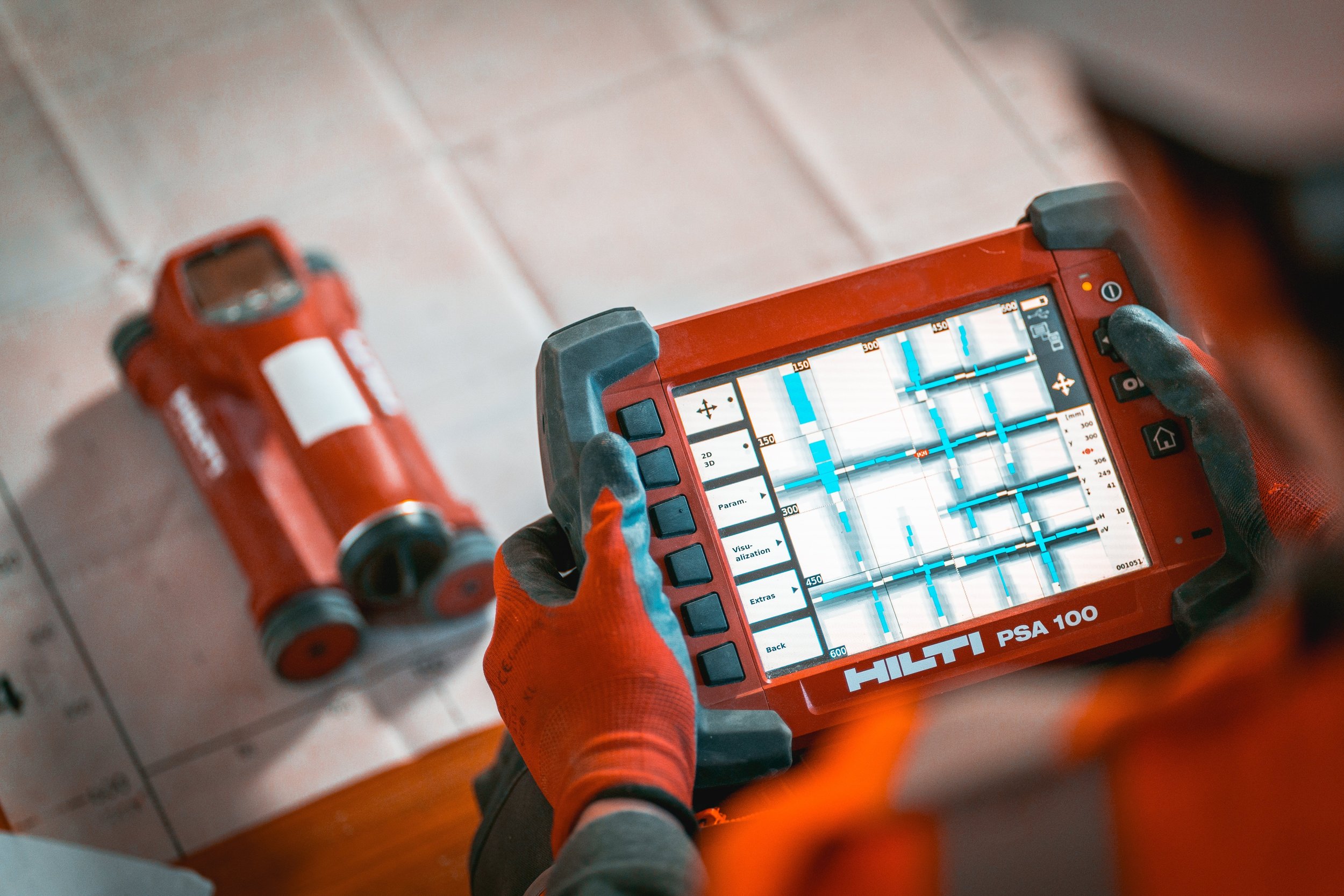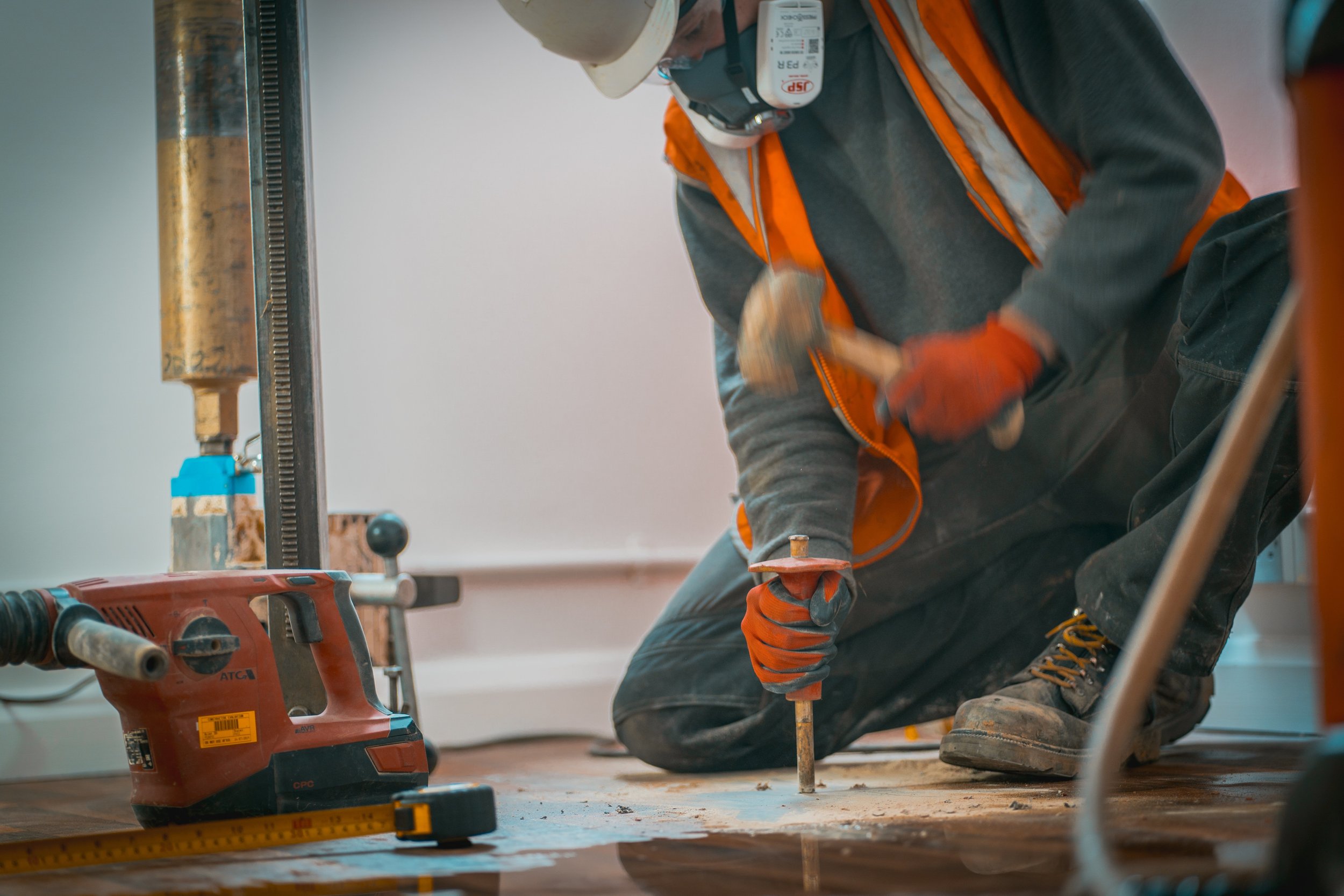
Alkali Silica Reaction (ASR) Testing
Alkali Silica Reaction (ASR) Testing
Alkali Silica Reaction (ASR) Testing is a crucial procedure used in the construction and civil engineering sectors to assess the potential reactivity of aggregates with alkaline hydroxides present in cement. This reaction can lead to the expansion and cracking of concrete, compromising structural integrity. Understanding ASR testing is vital for ensuring long-lasting and durable concrete structures.
Methodology of ASR Testing
The ASR testing process involves several key steps:
Sample Collection: Samples of the aggregates intended for concrete production are collected. This includes both coarse and fine aggregate materials.
Initial Assessment: Before testing, a thorough qualitative assessment is conducted to determine the mineral composition and any preliminary evidence of potential reactivity.
Mortar Bar Test: The most commonly used method is the ASTM C1260 standard (also known as the Mortar Bar Test). This test involves mixing the aggregates with cement to produce mortar bars. These bars are cured under controlled conditions for a specified duration.
Exposure to Alkali: The mortar bars are then subjected to a solution of sodium hydroxide to simulate the alkaline conditions typically found in concrete.
Measurement and Analysis: Length changes in the mortar bars are measured at intervals (typically at 7 and 14 days, and 28 days) to determine the expansion resulting from ASR. An increase in length greater than the specified limit indicates potential reactivity.
Long-term Testing: Additionally, the ASTM C1567 test can be employed for a more prolonged evaluation, allowing for the assessment of aggregates over a longer period and under varying environmental conditions.
Benefits of ASR Testing
Identifying Risk: ASR testing helps identify potentially reactive aggregates before their use in construction, allowing for informed material selection.
Preventive Measures: By detecting reactivity early, concrete producers can explore options such as using pozzolans, slag, or lithium-based admixtures to mitigate the effects of ASR.
Enhanced Durability: Proper testing and subsequent material adjustments lead to increased durability and lifespan of concrete structures, ultimately reducing repair and maintenance costs.
Compliance and Standards: Conducting ASR testing not only ensures compliance with industry standards but also fosters confidence among stakeholders in the structural integrity of the project.
Contact Us
In conclusion, Alkali Silica Reaction Testing is an essential process for safeguarding the durability and longevity of concrete structures. By thoroughly assessing the potential reactivity of aggregates, construction professionals can take proactive steps to prevent ASR-related damage, ensuring the resilience of their projects over time. Click here to read about the other concrete testing services we can offer you. Visit our Contact page to discuss your requirements or to book a site visit, or contact us using the form at the bottom of this page.
Our Services
Please Click on the tiles below to find out more about the services we offer
Contact Us
If you have any queries about any of our services please contact us, a member of our team will be happy to advise.





